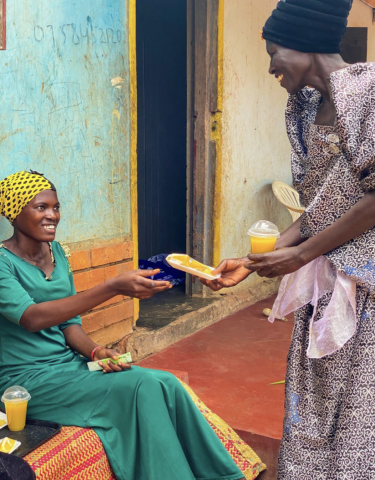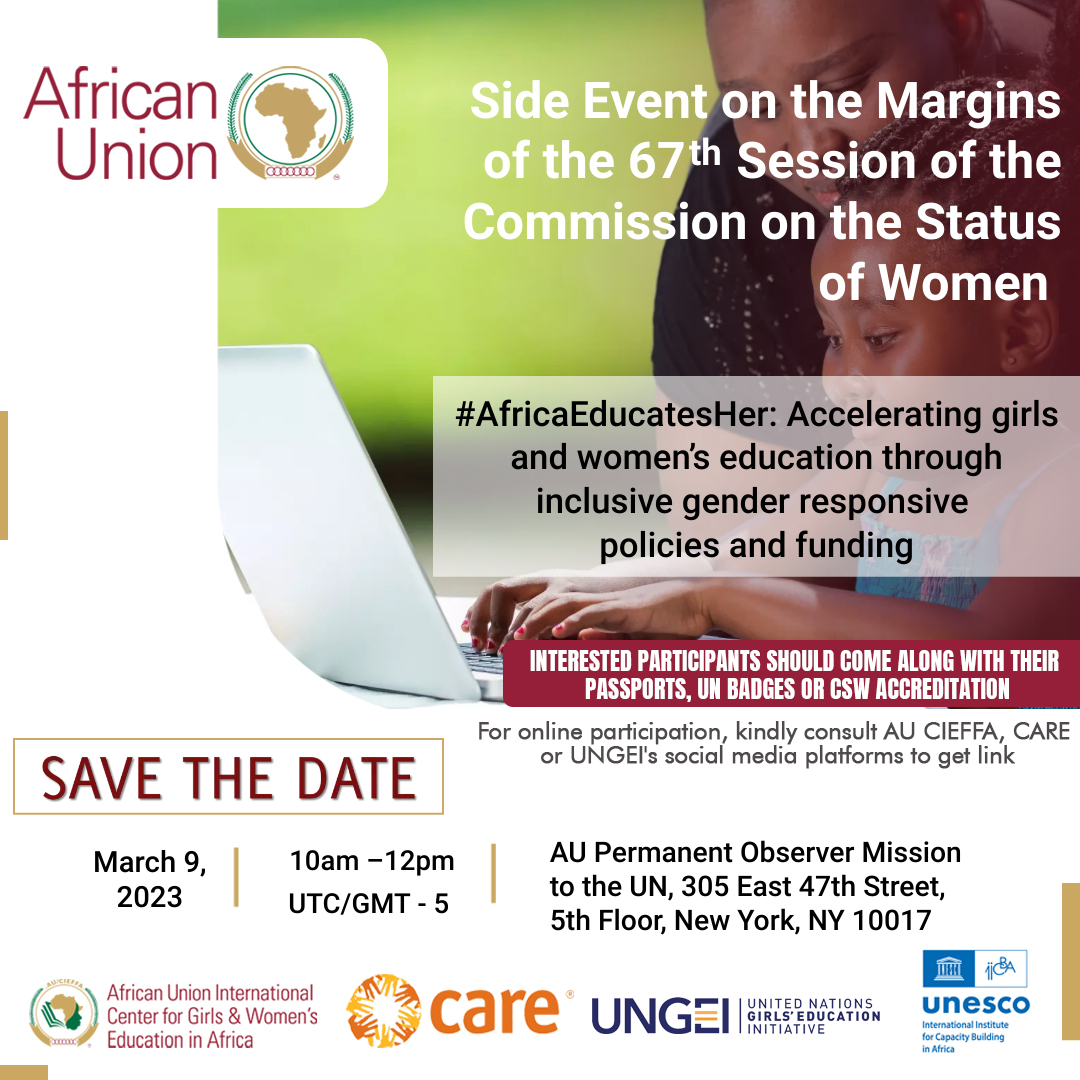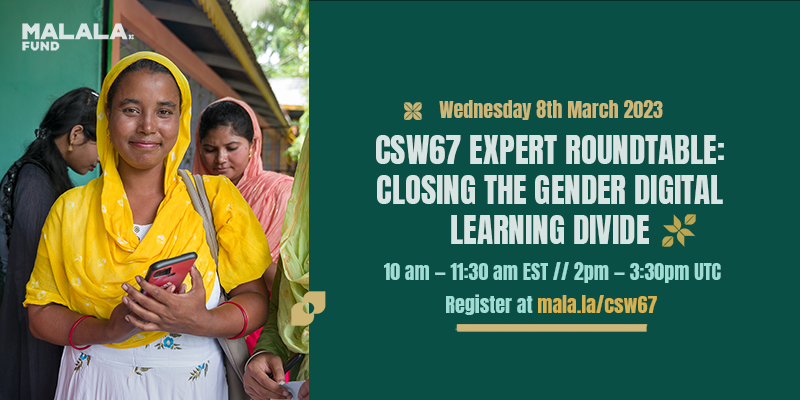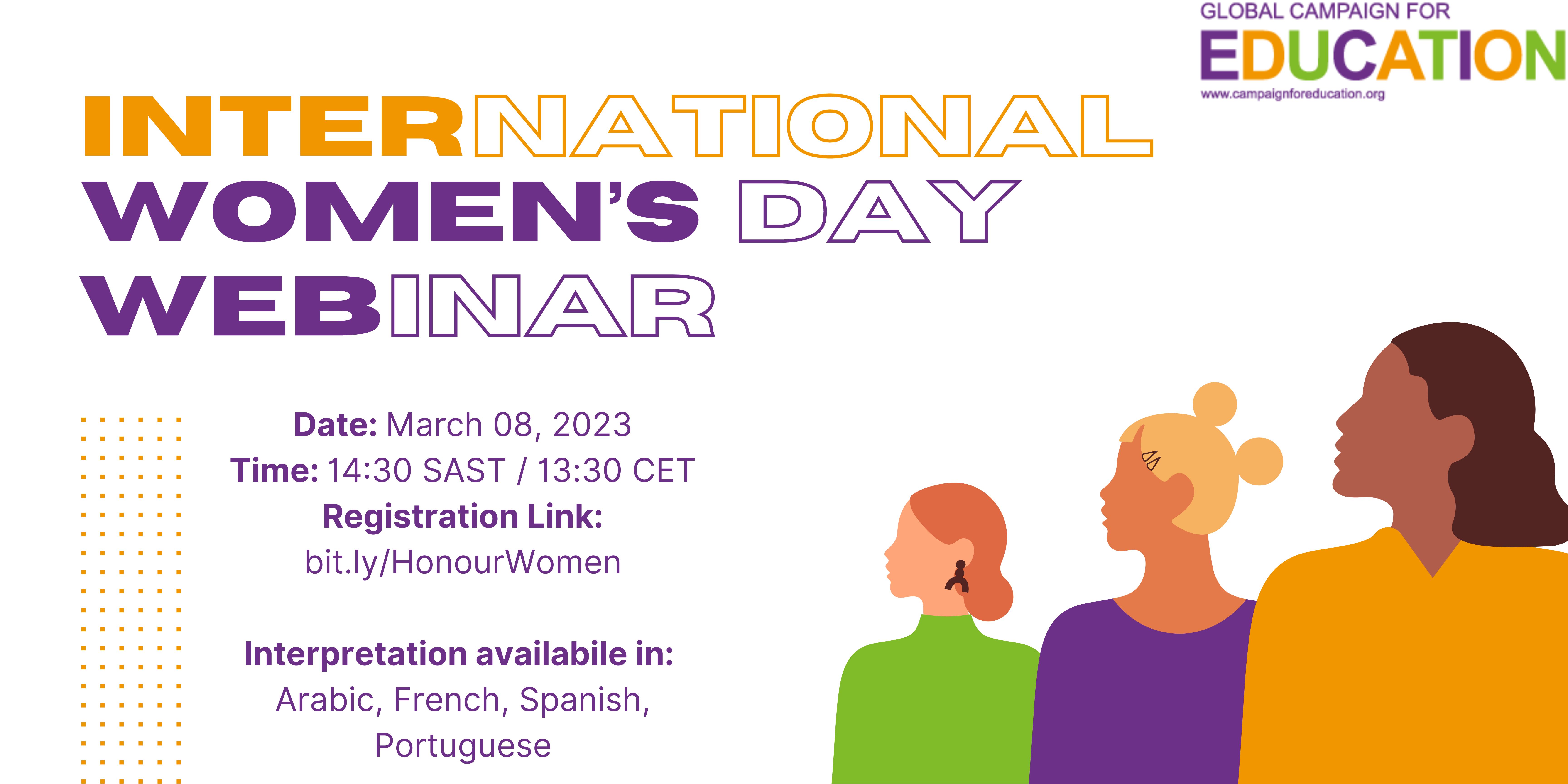Hellen Namisi serves as Director of Program Implementation at Educate! East Africa’s largest youth skills provider. Her expertise is in product development, team leadership and scaling proven solutions.
You work directly with pregnant girls and young mothers in rural areas. What do you think they need to gain agency over their lives?
We work with marginalized young women, delivering livelihood bootcamps in areas affected by a rise in pregnancies and child marriages following the pandemic. You need to understand their stories, how some of them came to have a baby as young as 14 or 15. We aim to offer dignity and a safe environment that builds trust.
Young mothers often suffer from low self-esteem, feeling as though their parents have given up on them. It’s not uncommon for a parent to call and ask: “Is my daughter studying well? Let her sit and concentrate for once, maybe she’ll figure out what to do with herself.”
Given these circumstances, the young women we work with often require counseling for self-acceptance, validation and encouragement, often doubting their own capabilities with questions like: “Do you really think I can learn?”
What other challenges do these young women face?
Some become pregnant at the start of lower secondary, hampering their ability to return to school. Which increases their likelihood of having more children.
As predominantly single parents, they encounter difficulties accessing employment, in factories or as home helps. However, they are willing to go to great lengths for better opportunities. Some even migrate to the Middle East.
In contrast, their peers without children tend to have higher levels of attainment, with many reaching lower secondary. Without the responsibilities of motherhood, they often benefit from greater parental support with the expectation that they will eventually be able to contribute to the family finances.

small business selling fruit salads and juice.
How is Educate! working to provide solutions for young mothers in rural Kenya and Uganda?
We believe every girl deserves access to a post-primary education, even if completing secondary school isn’t feasible. In much of Africa, 50% of secondary-age children are out of school. Girls face even greater barriers, with as few as one in 20 girls in rural areas on track to complete secondary education.
To address the issue, we’re developing ‘alternative pathways’ in the form of livelihood bootcamps. Our bootcamps offer skill-building experiences, complemented by mentorship and practical experience starting a business. Trainers are typically local community members and business owners in their 20s, who understand the language and culture.
Educate! assists young women to identify viable businesses such as poultry rearing; making cleaning products; or agribusinesses such as honey production, organic fertilizers and pesticides, and tree nurseries. The income enables them to become financially independent, provide for their children’s basic needs, supplement their partner’s income or save. For girls trapped in poverty, even a small amount of income and agency can be transformational.
What does the curriculum cover?
Our evidence-based interventions are short and sharp – three or six weeks depending on the context – but we cover a lot. We engage youth in interactive activities, games, and roleplay to foster transferable skills such as leadership, networking, critical thinking, and creativity.
Educate! emphasizes lessons on cultivating a growth mindset and opportunity identification. We encourage youth to ask themselves, "How can I get started with the little that I have? What service can I offer in my local community that may be missing?"
Coupled with this, we offer entrepreneurial and business sessions covering market research, sales, and financial literacy. Follow-up evaluations are recording increases in average income of at least 50% for bootcamp graduates within three to six months.
Can you explain Educate!'s approach to gender equity?
The learning process unpacks gender stereotypes, exploring what’s traditionally seen as men’s work versus women’s work, and includes exercises to build assertiveness.
Educate!’s interventions include young men at a lower rate to women – 70/30 or 60/40. That ratio is the sweet spot where you engage both sexes to create gender champions.
Our experience shows that you can’t focus on girls alone in trying to mainstream gender equity. We believe if you put young women back into the same environment without a supportive community, you may not see change.
Through the bootcamp, both young women and young men gradually become aware of the value of creating more equitable communities.
How does Educate! engage the wider community?
As well as networking with local leaders, we’ve instituted meet and greets for relatives and spouses to gain community acceptance for the bootcamps.
At the individual level, we have created a system of Camp Buddies. These Educate! team members support participants to troubleshoot challenges such as lack of transport money or childcare.
Are there particular success stories that stand out amongst participants?
One single mother from rural Uganda stands out. Initially dependent on her parents to cover her baby’s expenses, she used her newly developed skills to start a successful business selling fruit salads and juice. Now, she covers the child’s care on her own. It takes her a day to walk to and from the market to purchase supplies, and she presses the juice by hand. We heard that she was saving to buy a juicer to produce and sell more. Her mother is proud of this incredible change in her life.
How should the international community support young mothers in continuing education?
A number of governments recently adopted policies guaranteeing a young mother’s right to learn, but this is only the first step. Within the school system, there are established structures that can potentially support this demographic. However, young mothers who are out of school often fall through the cracks. Funders should support local communities to tackle these issues at ground level and engage young women in livelihood activities.
In many instances, girls become mothers early due to a lack of alternatives. The ability to earn a livelihood is transformational, instilling a sense of purpose and a shift in their self-perception. By understanding the cultural context of marginalized rural women and what’s required for a paradigm shift, the international community can help provide them with meaningful options that unlock their immense, untapped potential.


